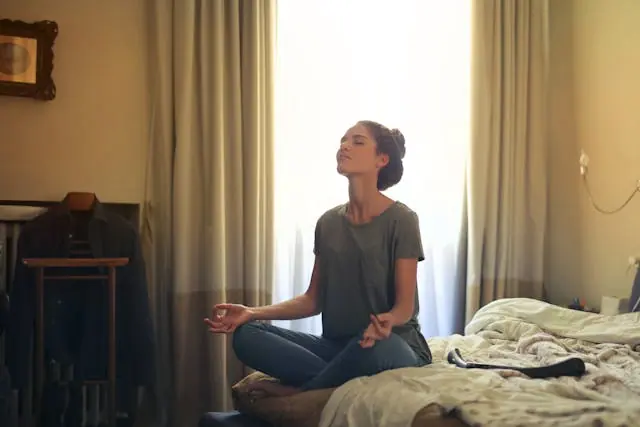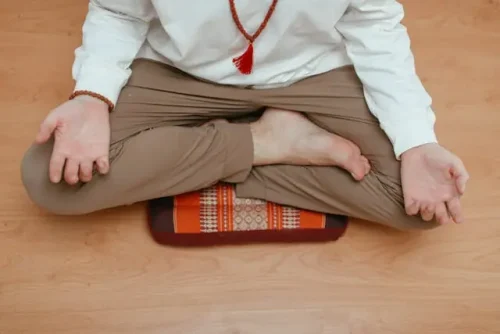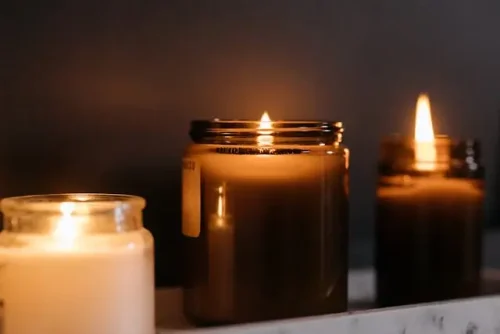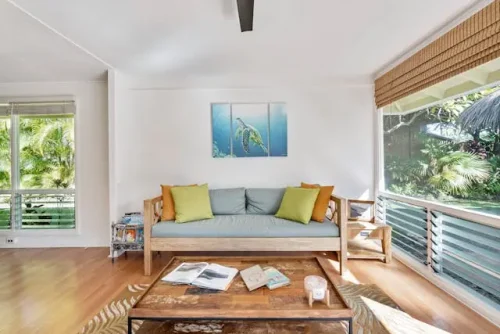
How to Create a Meditation Space in Your New Home
Moving into a new home is an exciting adventure, full of new possibilities and fresh starts. But it can also feel a little chaotic, especially when juggling boxes, furniture, and figuring out where everything goes. Amidst all the hustle, one thing that can bring peace and calm is your meditation space. Whether you’re a seasoned meditator or just beginning to explore mindfulness, creating a dedicated area for meditation in your new home can provide you with a sanctuary, which is one of the essentials for healthy living. So, how can you create a meditation space in your new home? Let’s dive in and make this process fun, easy, and meaningful!
Choosing the Right Space for Your Meditation
The first step in creating a meditation space in your new home is choosing the right location. You want a serene and peaceful place, away from the noise and distractions of everyday life. If possible, pick a spot with natural light and good air circulation. A corner in your bedroom, a cozy nook by a window, or even a quiet part of your living room can work perfectly. If you have the space, consider creating a small meditation corner where you can leave your practice undisturbed. Don’t worry if you don’t have a lot of space! Even a tiny nook or a corner of your home can transform into a calming space with a few simple touches.
Create a Comfortable Seating Arrangement
Comfort is key when it comes to meditation. Sitting on the floor for long periods can feel uncomfortable if you’re just starting out. Consider adding a meditation cushion or a soft mat to make your seating area more inviting. If sitting on the floor doesn’t work, a comfortable chair or a bench can be a great alternative.
One option that’s becoming increasingly popular is a floor cushion or zafu. These are specially designed cushions to support your hips and spine while sitting. For a more relaxing option, you can add a soft blanket or pillow to help make your space feel cozy.

Furniture Layout and Feng Shui: Creating Harmony in Your Meditation Space
When setting up your meditation space, furniture arrangement is key to creating a balanced and harmonious environment. One popular approach to designing a mindful space is Feng Shui, an ancient Chinese practice that emphasizes the flow of energy (or “Chi”) through your living area. According to Feng Shui principles, placing your meditation seat in a position where you can see the door but aren’t directly in line with it is thought to provide a sense of security and calm. If you are settling in after moving, call Lippincott Van Lines. They will help you move and arrange your furniture to encourage relaxation and stillness. Simple touches, like positioning your meditation cushion near a window for natural light or using plants to bring in life energy, can make a big difference in how your space feels. Remember, the goal is to create a space where you feel comfortable and balanced, allowing the positive energy of your environment to support your meditation practice.
Incorporate Calming Elements into Your Space
The vibe of your meditation space should be peaceful and soothing to help you find your zen. To achieve this, you can add a few calming elements that help create a relaxing environment. Think of soft lighting, soothing sounds, and gentle aromas. For example, you can use warm lighting to create a calm ambiance. Consider using candles or string lights, or opt for a Himalayan salt lamp that gives off a soft glow and purifies the air.
Music and Aromatherapy
If you enjoy music or sounds during meditation, a sound machine with natural sounds—such as rain or ocean waves—can enhance the experience. Alternatively, some people enjoy complete silence, so see what feels right for you. Aromatherapy is another great tool. Essential oils like lavender, sandalwood, or eucalyptus can help promote relaxation. Using a diffuser or lighting incense will fill your room with calming fragrances, making relaxing and focusing during your practice easier.

Personalize the Space to Reflect You
Your meditation space should be a reflection of you and your personality. Adding personal items can make the space feel welcoming and aligned with your values. Consider including photos, meaningful objects, or spiritual symbols that bring peace and calm. These items infuse the space with positive energy and help create a more intimate setting for your practice. A small indoor plant can also work wonders, adding a touch of nature and vibrancy. Plants like succulents or snake plants are easy to maintain and perfect for brightening up your meditation corner. This is also a great opportunity for young artists to involve themselves by adding their artwork or small drawings to the space, making it even more special for the whole family.
Read More: The Benefits of Meditation for Your Mental Health
Integrating Meditation Into Your Daily Routine
Now that your meditation space is set up, it’s time to practice mindfulness in your daily routine. Whether you meditate for five minutes or an hour, establishing a dedicated time each day will help you build a consistent practice. A regular routine enhances the benefits of meditation and strengthens your ability to remain calm and focused throughout the day. Creating a group mindfulness time can be a wonderful bonding experience for families. Parents can introduce young artists to mindfulness practice by having short, quiet sessions together, teaching them the value of stillness and focus.

Final Thoughts: How to Create a Meditation Space in Your New Home
To create a meditation space in your new home is a wonderful way to embrace mindfulness and tranquility. Whether it’s a corner of your bedroom or a cozy nook in the living room, your meditation area can become a refuge from the hustle and bustle of daily life. With a comfortable seating arrangement, calming elements, and personalized touches, you can transform any part of your home into a peaceful sanctuary that invites relaxation, focus, and inner peace.

